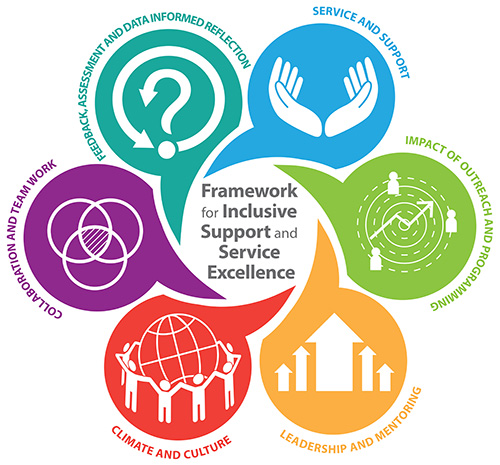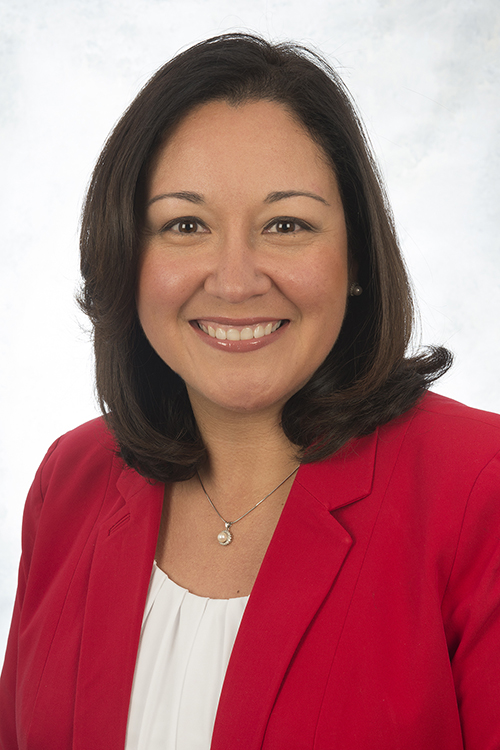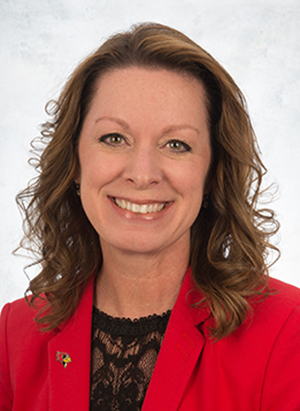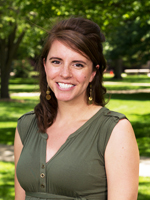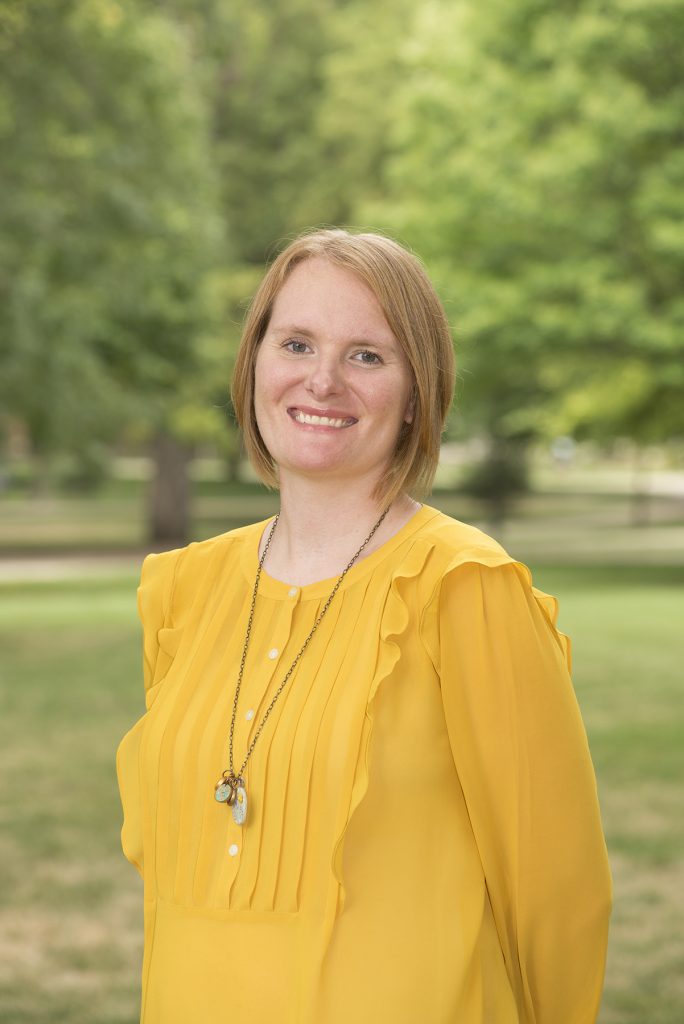Hundreds of staff members are taking part in opportunities to frame their work with an inclusive lens.
In the fall and spring, the inclusive strides made in Academic Affairs’ professional development through the GROWTH Change Team provided opportunities for training of faculty members throughout campus. The work of staff members in the division might vary from their faculty counterparts, but their role is equally as vital, noted Assistant Vice President for Academic Administration Yojanna Cuenca-Carlino.
“Staff play an important role in student success,” said Cuenca-Carlino, who oversees the work of the GROWTH Change Team. The team advises the implementation on campus of an inclusive framework for teaching known as FITE (Framework for Inclusive Teaching Excellence). “If staff members are left out of opportunities to explore inclusive practices in their work, it is students who will be missing out.” The effort to create a framework for staff resulted in the newly developed Framework for Inclusive Support and Service Excellence (FISSE).
More than 650 Academic Affairs staff members have taken part in FISSE sessions throughout the fall and more are participating this spring. “Their attendance has been incredible and a clear sign that staff are invested in their professional development to find ways to better support and service our students,” said Cuenca-Carlino.
It was last year when Associate Director of Enrollment Management Stacy Ramsey and Coordinator of Orientation and Transition Services Corey Burgess spearheaded adapting the FITE framework for staff. “Academic Affairs is a unique unit that is composed of faculty and staff from across the entire campus,” said Ramsey. “As FITE was developed, we noticed there were some areas/dimensions that were similar for faculty/instructors and staff, while others were very different.”
Joined by Director of the Graduate School Dr. Noelle Selkow and GROWTH Change Team member Heidi Verticchio, the group developing FISSE gathered feedback from staff, leadership in Enrollment Management and Academic Services (EMAS), and the Academic Advising Council. FISSE was introduced at a session in August 2020 where over 250 staff attended. “It was important to provide opportunities for input,” said Ramsey.
FISSE and FITE both contain six dimensions, but with staff in mind, FISSE dimensions are tailored to support. The FISSE dimensions—all developed within a diversity, equity, and inclusion lens— include Service and Support, Impact of Outreach and Programming, Leadership and Mentoring, Climate and Culture, Collaboration and Teamwork, and Feedback, Assessment, and Data Informed Reflection.
“Our students are constantly changing, and we must adapt our policies, procedures, and everyday work practices,” said Burgess. “Using FISSE and continuing to educate and train our staff on topics related to diversity, equity, and inclusion will benefit the entire University community.”
The FISSE framework supports the University’s strategic plan, Educate Connect Elevate, and complements FITE. “It is important for the campus as a whole to work under similar frameworks that align with ISU’s strategic plan, but also specific for the roles individuals hold on campus, such as staff,” said Selkow. “The FISSE framework allows for a more inclusive approach of all people on campus to support student success.”
Selkow added the Graduate School will employ the FISSE framework in trainings for graduate students. “Many graduate students serve multiple purposes on campus,” said Selkow, noting roles as graduate assistants who interact with undergraduate students in research and teaching roles. “Working with the GROWTH Change Team has allowed graduate students to be supported in their student role and explore opportunities to develop in their employment role to influence student learning and success.”
